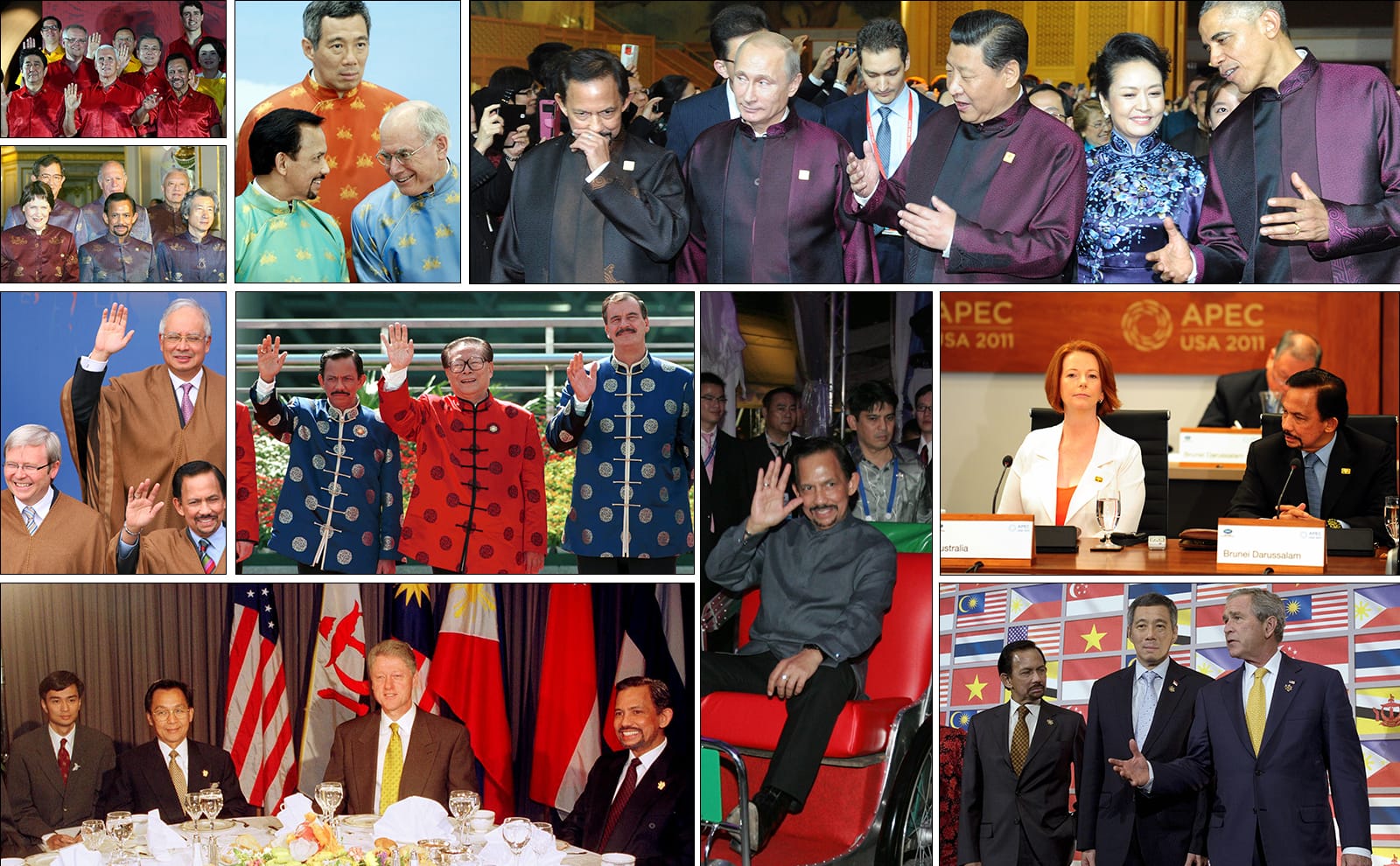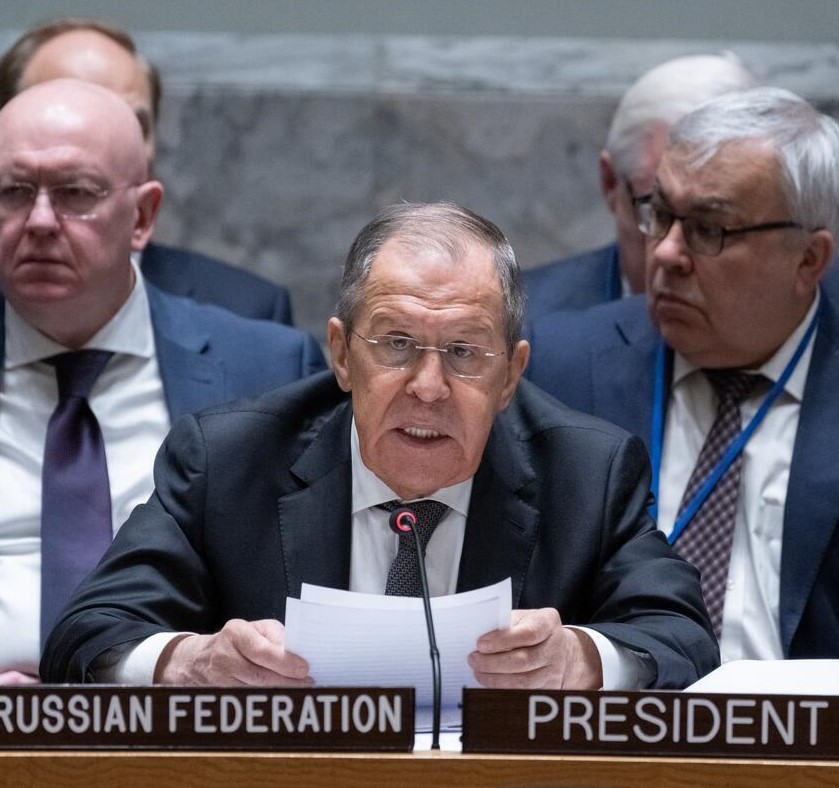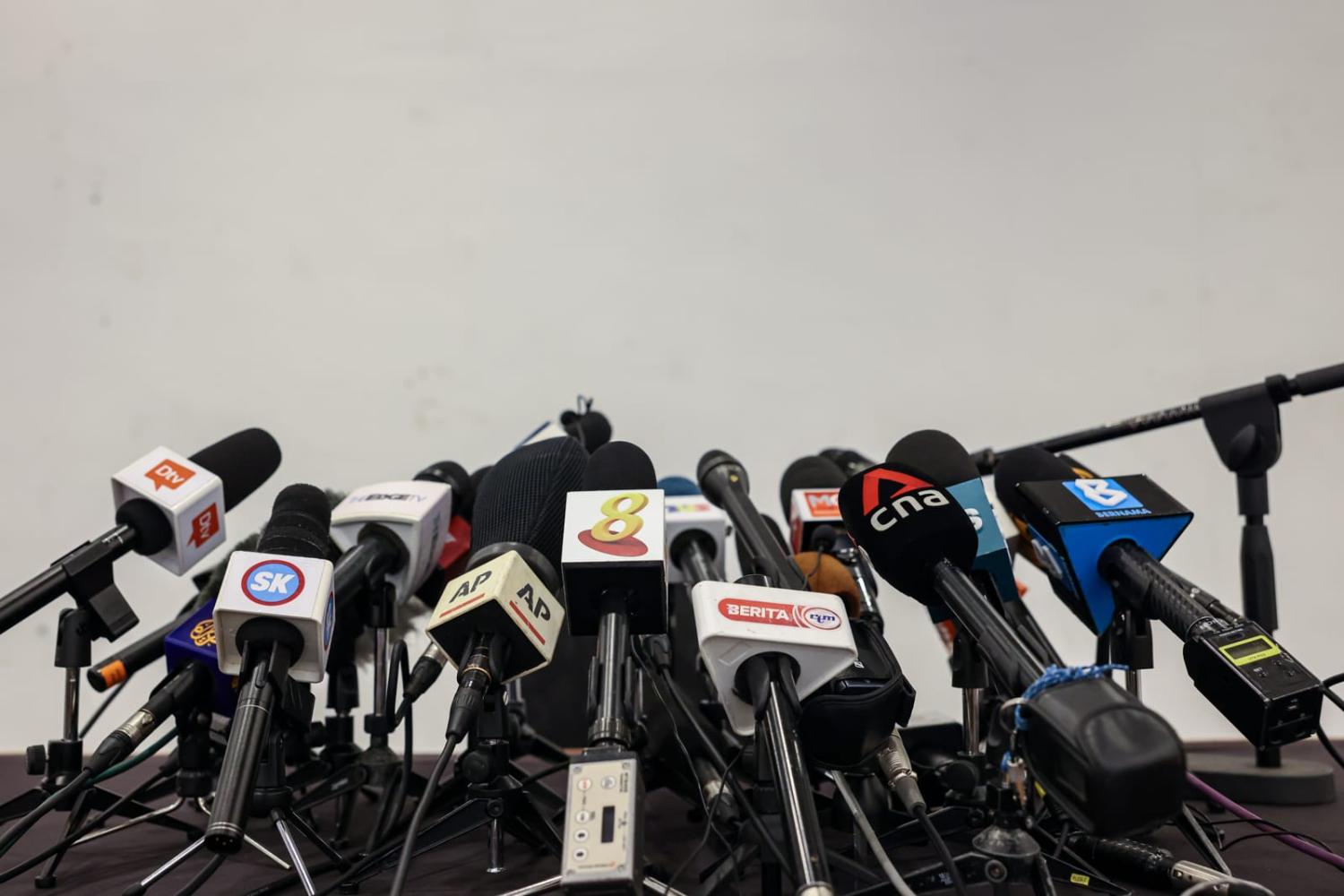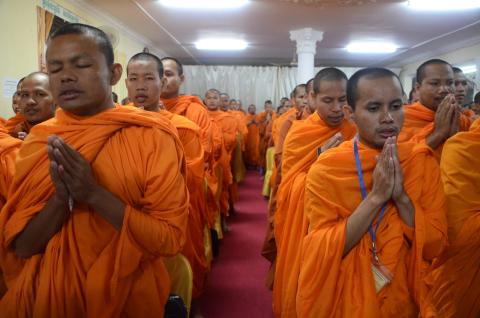Hun Sen heads to the polls in Cambodia this weekend, even though, as Radio Free Asia noted, the result is preordained. Hun Sen will win. Just like he has ever since 1985.
Hun Sen has been a ruler for life in a style that his good friend, China’s Xi Jinping, can only dream of. Now 70, when Hun Sen eventually does step down as Prime Minister – or dies – his son is being groomed to take over.
But even after an extraordinary 38 years at the top, Hun Sen is not Southeast Asia’s longest-serving strongman. Indeed, in a list of marathon rulers from right across the world, he only just scrapes into the top five.
Sultan of Brunei, Hassanal Bolkiah, reigns above all, having held power since 1967. These comparisons can be a little fraught at times, given the arcane distinctions between heads of government and heads of state, but in Brunei, as in many countries, the roles are intertwined, while in others, such as Cambodia, it’s obvious where true power lies.
The Sultan presently serves as Prime Minister, Minister of Defence, Finance and Economy, and Foreign Affairs. It’s a remarkable political longevity – often politely ignored, his face with trimmed beard is ever-present across years of regional summit “family photos”. No surprise, however, that Brunei ranks as “Not Free” on the Freedom House index.

Xi has been in power since 2012, his rule now famously stretching into a third term. Across the past decade, his “no limits” partner Russia’s Vladimir Putin has been there, too – Putin having ruled Russia right back to 2000 when accounting for the convenient switch-a-roo that saw him take the role of Prime Minister from 2008 to 2012 after his first stint as President. Putin made constitutional fiddles an art.
And it’s impossible to mention Russia and not observe Putin’s loyal servant Sergey Lavrov, who has flown from capital to capital as Foreign Minister since 2004. People often noted the longevity of Australia’s Alexander Downer, who held the diplomatic portfolio for 11 years, but even allowing that the two men overlapped, Lavrov has since had six more Australian counterparts. Speaking of long-serving foreign ministers, China’s Wang Yi had the gig from 2013 until December, and might again if no one solves the mystery of his missing successor Qin Gang.

But back to leaders.
The second-longest serving ruler globally is Teodoro Obiang Nguema Mbasogo, President of Equatorial Guinea. Obiang, a former General, seized power in a coup in 1979 and later consolidated power in a sham poll. Fellow African rulers have also clung to power – Paul Biya (Cameroon, since 1982), Yoweri Museveni (Uganda, 1986), and Denis Sassou Nguesso (Republic of the Congo, in charge more on than off since 1979). Eritrea’s Isaias Afwerki has ruled since independence in 1991, while Rwanda’s Paul Kagame has been in effective control since 1994.
That’s the same year Alexander Lukashenko took hold of the presidency in Belarus, never to relinquish the job. Tajikistan’s President Emomali Rahmon has been around two years longer, since 1992, and has also manoeuvred his son to take over.
Add to this list Iran’s Ali Khamenei, Supreme Leader since 1989, although he is neither technically listed as head of state or government.
Notice a pattern here? Yep. All blokes. Every last one.


